Washington, DC – United States President Donald Trump has surrounded himself with a cabinet and inner circle that is markedly less hawkish on Iran than during his first term.
But analysts told Al Jazeera that it remains unclear whether the composition of Trump’s new cabinet will make a difference when it comes to how the administration responds to the escalating conflict between Iran and Israel.
Last week, fighting erupted when Israel launched surprise strikes on Tehran, prompting Iran to retaliate. That exchange of missiles and blasts has threatened to spiral into a wider regional war.
“I think there are fewer of the traditional Republican hawks in this administration,” said Brian Finucane, a senior analyst at the International Crisis Group, a think tank. “And you do have more prominent restraint-oriented or restraint-adjacent people.”
“The question is: How loud are they going to be?”
So far, the Trump administration has taken a relatively hands-off approach to Israel’s attacks, which Secretary of State Marco Rubio stressed were “unilateral”.
While the US has surged military assets to the region, it has avoided being directly involved in the confrontation. Trump also publicly opposed an Israeli strike on Iran in the weeks leading up to the attacks, saying he preferred diplomacy.
However, on Sunday, Trump told ABC News, “It’s possible we could get involved,” citing the risk to US forces in the region.
He has even framed Israel’s bombing campaign as an asset in the ongoing talks to curtail Iran’s nuclear programme, despite several top negotiators being killed by Israeli strikes.
Iran’s foreign minister, meanwhile, accused Israeli Prime Minister Benjamin Netanyahu of “playing” Trump and US taxpayers for “fools”, saying the US president could end the fighting with “one phone call” to the Israeli leader.
‘Our interest very much is in not going to war with Iran’
Analysts agree that any course of action Trump takes will likely transform the conflict. It will also reveal how Trump is responding to the deep ideological rift within his Republican base.
One side of that divide embraces Trump’s “America First” ideology: the idea that the US’s domestic interests come before all others. That perspective largely eschews foreign intervention.
The other side of Trump’s base supports a neoconservative approach to foreign policy: one that is more eager to pursue military intervention, sometimes with the aim of forcing regime change abroad.
Both viewpoints are represented among Trump’s closest advisers. Vice President JD Vance, for instance, stands out as an example of a Trump official who has called for restraint, both in terms of Iran and US support for Israel.
In March, Vance notably objected to US strikes on Yemen’s Houthis, as evidenced in leaked messages from a private chat with other officials on the app Signal. In that conversation, Vance argued that the bombing campaign was a “mistake” and “inconsistent” with Trump’s message of global disengagement.
During the 2024 presidential campaign, Vance also warned that the US and Israel’s interests are “sometimes distinct… and our interest very much is in not going to war with Iran”.
According to experts, that kind of statement is rare to hear from a top official in the Republican Party, where support for Israel remains largely sacrosanct. Finucane, for instance, called Vance’s statements “very notable”.
“I think his office may be a critical one in pushing for restraint,” he added.
Other Trump officials have similarly built careers railing against foreign intervention, including Director of National Intelligence Tulsi Gabbard, who testified in March that the US “continues to assess that Iran is not building a nuclear weapon”.
Trump’s special envoy to the Middle East, Steve Witkoff, who had virtually no previous diplomatic experience, had also floated the possibility of normalising relations with Tehran in the early days of the US-led nuclear talks.
By contrast, Secretary of State and acting National Security Adviser Marco Rubio established himself as a traditional neoconservative, with a “tough on Iran” stance, during his years-long tenure in the Senate. But since joining the Trump administration, Rubio has not broken ranks with the president’s “America First” foreign policy platform.
That loyalty is indicative of a wider tendency among Trump’s inner circle during his second term, according to Brian Katulis, a senior fellow at the Middle East Institute.
“I think Trump 2.0 has a cabinet of chameleons whose primary qualification is loyalty and fealty to Trump more than anything else,” he told Al Jazeera.
Katulis noted that the days of officials who stood up to Trump, like former Secretary of Defense James Mattis, were mostly gone — a relic of Trump’s first term, from 2017 to 2021.
The current defence secretary, former Fox News host Pete Hegseth, has shown an appetite for conducting aerial strikes on groups aligned with Iran, including the Houthis in Yemen.
But Hegseth told Fox News on Saturday that the president continues to send the message “that he prefers peace, he prefers a solution to this that is resolved at the table”.
‘More hawkish than MAGA antiwar’
All told, Trump continues to operate in an administration that is “probably more hawkish than MAGA antiwar”, according to Ryan Costello, the policy director at the National Iranian American Council, a lobby group.
At least one official, US Ambassador to Israel Mike Huckabee, has sought to equate Iran’s retaliation against Israel with the targeting of US interests, highlighting the large number of US citizens who live in Israel.
Costello acknowledges that Trump’s first term likewise had its fair share of foreign policy hawks. Back then, former National Security Adviser John Bolton, his replacement Robert O’Brien and former Secretary of State Mike Pompeo all advocated for militarised strategies to deal with Tehran.
“But there’s a big difference between Trump’s first term, when he elevated and very hawkish voices on Iran, and Trump’s second term,” Costello said.
He believes that this time, scepticism over US involvement in the Middle East extends throughout the ranks of the administration.
Costello pointed to a recent conflict between the head of US Central Command, General Michael Kurilla, and Undersecretary of Defense for Policy Elbridge Colby. The news outlet Semafor reported on Sunday that Kurilla was pushing to shift more military assets to the Middle East to defend Israel, but that Colby had opposed the move.
That schism, Costello argues, is part of a bigger shift in Trump’s administration and in the Republican Party at large.
“You have many prominent voices making the case that these wars of choice pursued by neoconservatives have been bankrupting Republican administrations and preventing them from focusing on issues that really matter,” Costello said.
Finucane has also observed a pivot from Trump’s first term to his second. In 2019, during his first four years as president, Finucane said that Trump’s national security team gave an “apparently unanimous recommendation” to strike Iran after it targeted a US surveillance drone.
Trump ultimately backed away from the plan in the final hours, according to multiple reports.
But a year later, the Trump administration assassinated Iranian General Qassem Soleimani in a drone strike in Iraq, another instance that brought the US to the brink of war.
Who will Trump listen to?
To be sure, experts say Trump has a notoriously mercurial approach to policy. The last person to speak to the president, observers have long said, will likely wield the most influence.
Trump also regularly seeks guidance from outside the White House when faced with consequential decisions, consulting mainstream media like Fox News, breakaway far-right pundits, social media personalities and top donors.
That was the case ahead of the possible 2019 US strike on Iran, with then-Fox News host Tucker Carlson reportedly among those urging Trump to back away from the attack.
Carlson has since been a leading voice calling for Trump to drop support for the “war-hungry government” of Netanyahu, urging the president to let Israeli officials “fight their own wars”.
But Carlson is not the only conservative media figure with influence over Trump. Conservative media host Mark Levin has advocated for military action against Iran, saying in recent days that Israel’s attacks should be the beginning of a campaign to overthrow Iran’s government.
Politico reported that Levin visited the White House for a private lunch with Trump in early June, just days before the US president offered his support for Iran’s strikes.
But Katulis at the Middle East Institute predicted that neither Trump’s cabinet nor media figures like Levin would prove to be the most consequential in guiding the president’s choices. Instead, Trump’s decision on whether to engage in the Israel-Iran conflict is likely to come down to which world leader gets his ear, and when.
“It’s a favourite Washington parlour game to pretend like the cabinet members and staffers matter more than they actually do,” Katulis told Al Jazeera.
“But I think, in the second Trump administration, it’s less who’s on his team formally and more who has he talked to most recently – whether it’s Netanyahu in Israel or some other leader in the region,” he said.
“I think that’s going to be more of a determining factor in what the United States decides to do next.”
trumps-cabinet-is-less-hawkish-will-that-affect-his-israel-iran-response-israel-iran-conflict-news

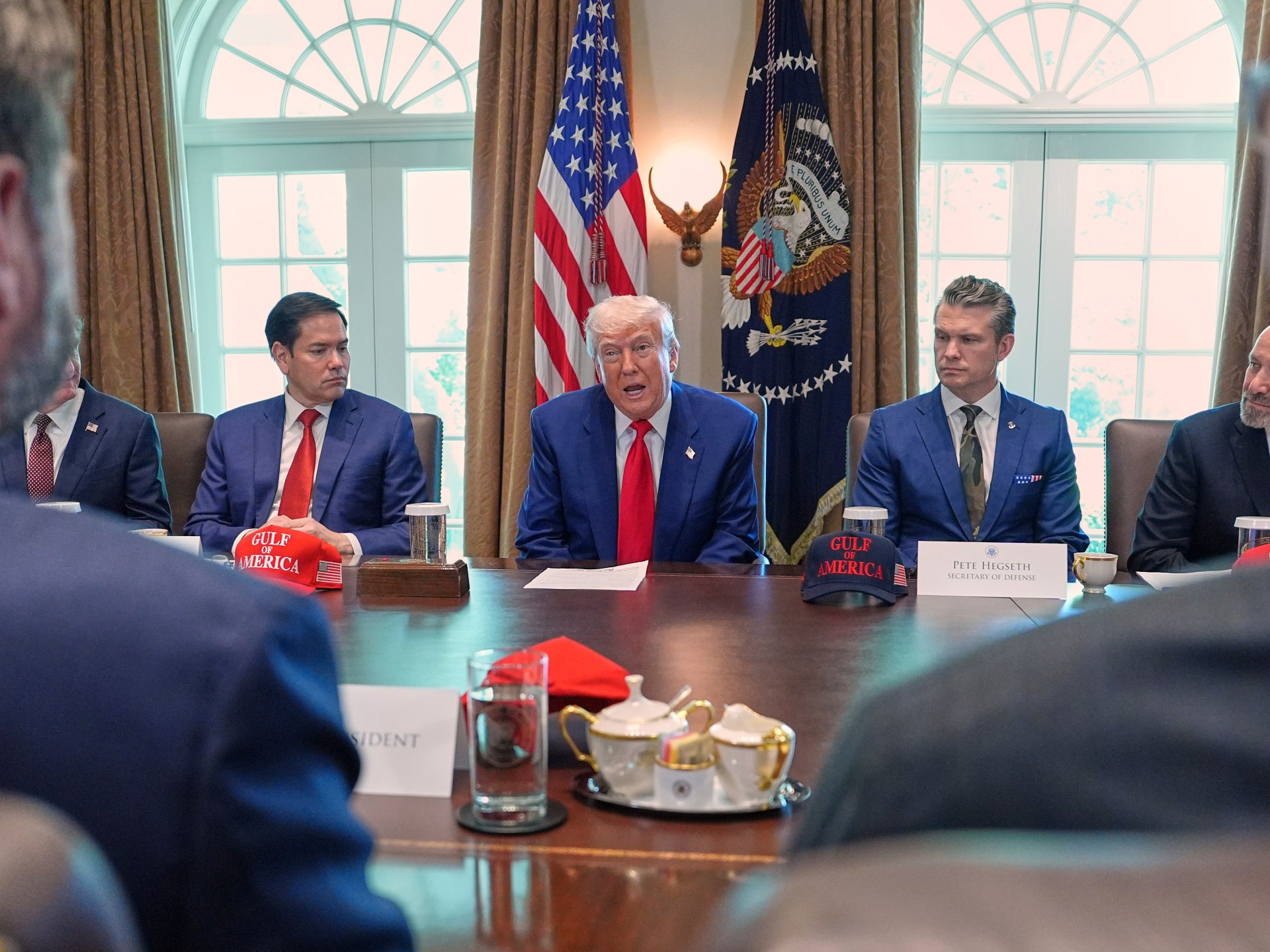
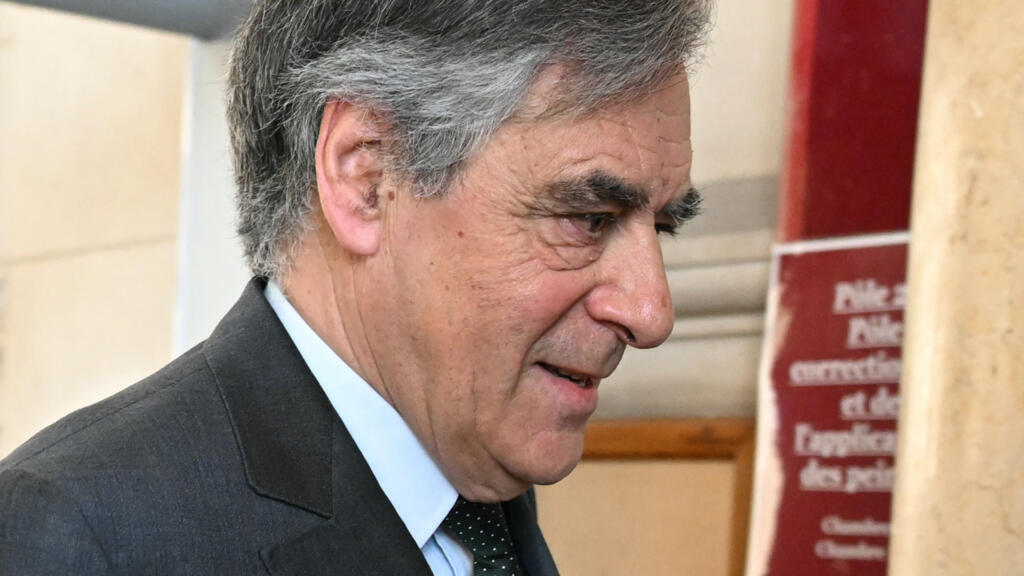


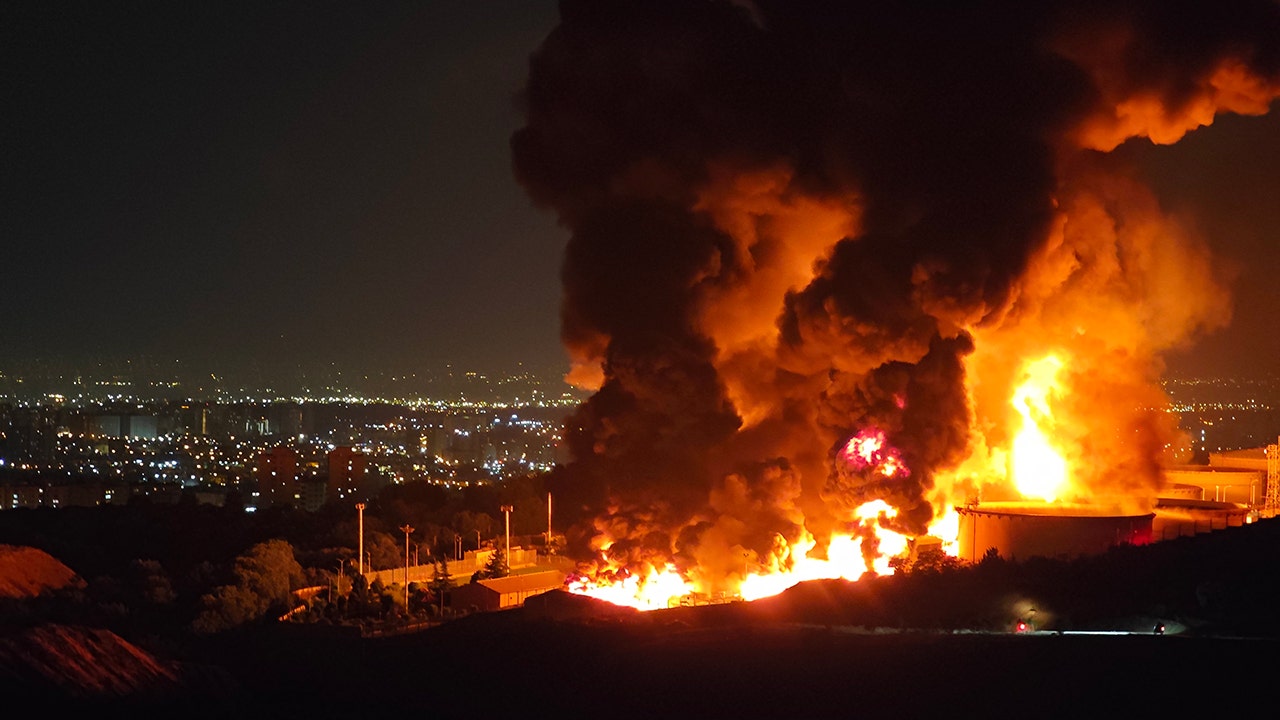

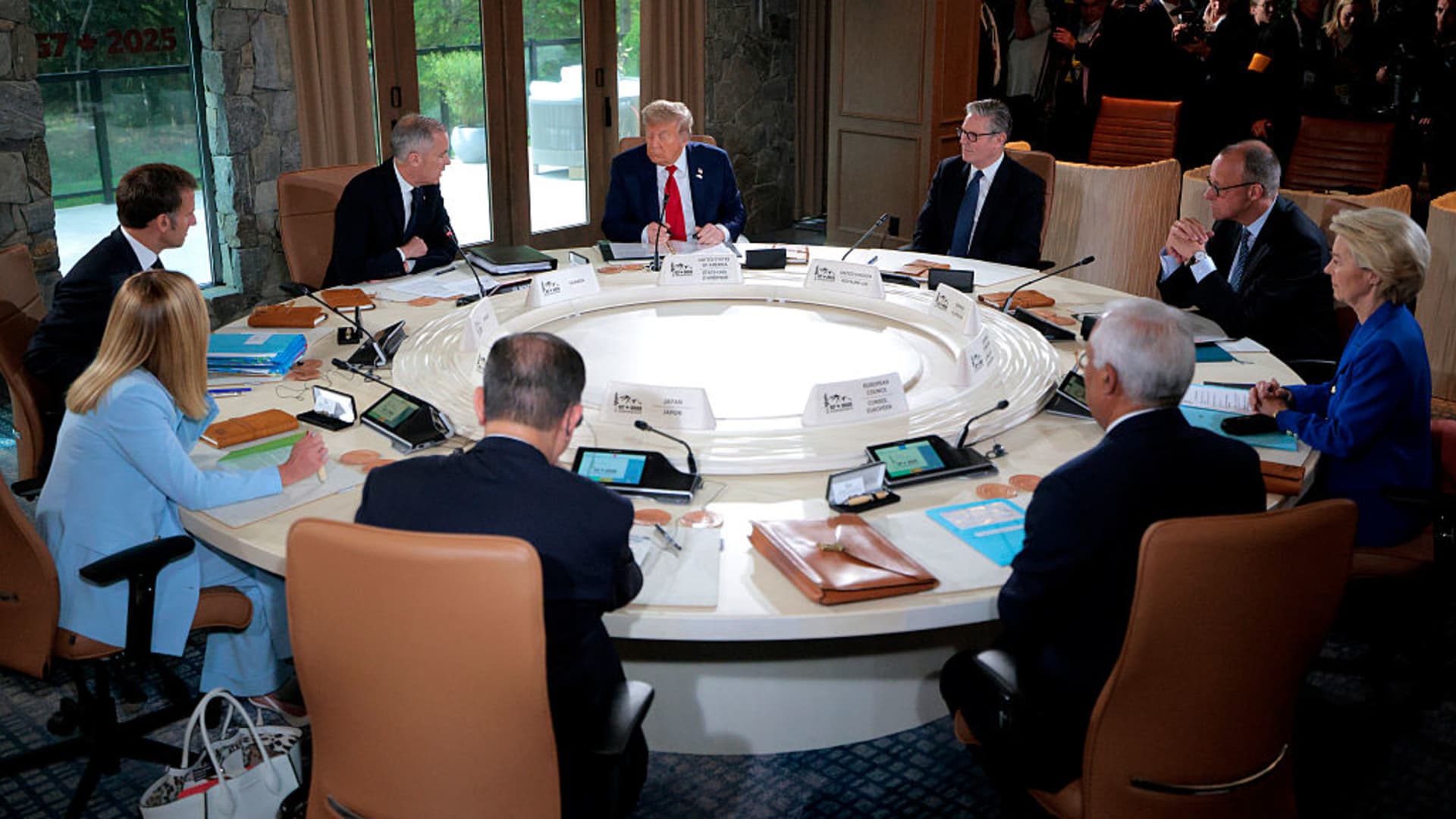
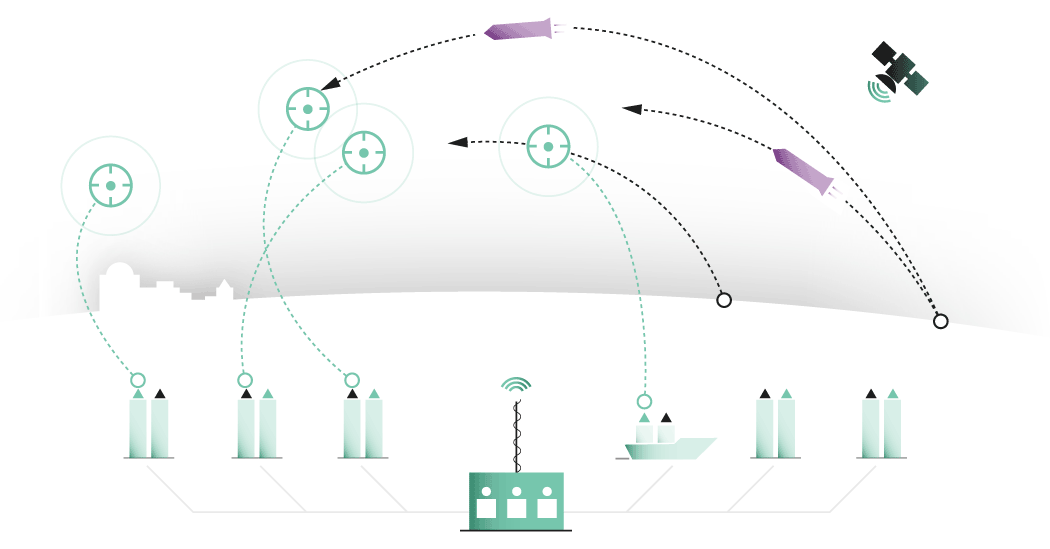
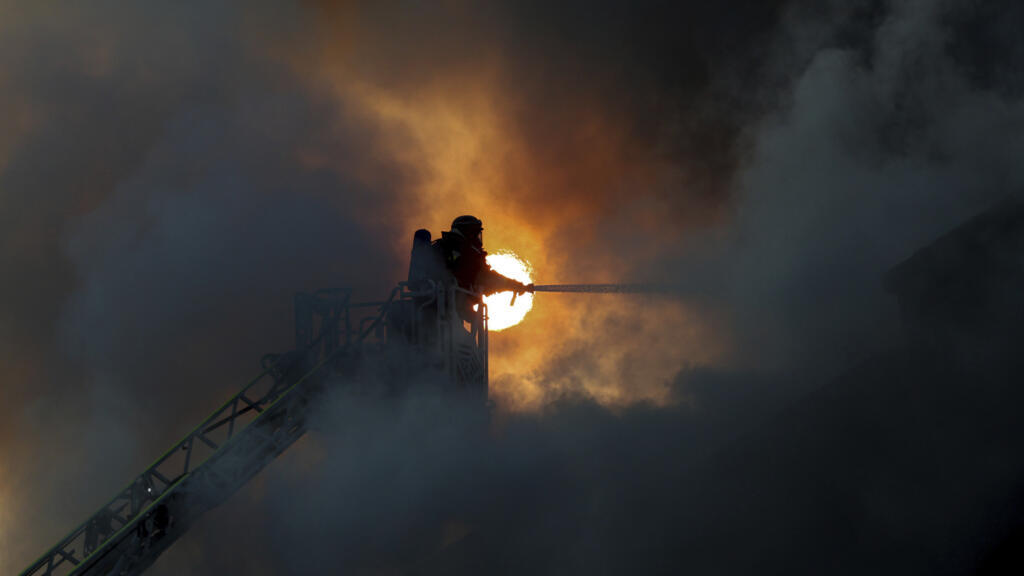




Leave a Reply